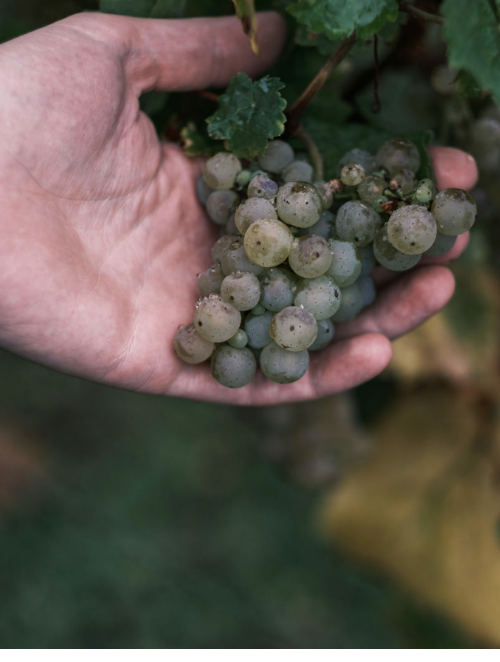
Delicate, semi-sweet Saar wines – a fantastic drinking pleasure with low alcohol!
Fine, semi-sweet Saar wines are one of the absolute specialties of the region. These are wines whose residual sugar content is not fixed by German wine law, but usually lies between 9 and 35 g/l. These wines delight with their fine interplay of sweetness and acidity and are wonderfully juicy and refreshing to drink – and that with a low alcohol content.
Order the fine, semi-sweet Saar wines from our top winemakers at winemaker prices from us below.
Delicate, semi-sweet Saar wines – a fantastic drinking pleasure with low alcohol!
Fine, semi-sweet Saar wines are one of the absolute specialties of the region. These are wines whose residual sugar content is not fixed by German wine law, but usually lies between 9 and 35 g/l. These wines delight with their fine interplay of sweetness and acidity and are wonderfully juicy and refreshing to drink – and that with a low alcohol content.
Order the fine, semi-sweet Saar wines from our top winemakers at winemaker prices from us below.
last seen
ranging from apple to exotic fruits. Fine, slightly tart rosé and red wines are rather rare, although they can be found occasionally.
 Delivery time 2-3 working days
Delivery time 2-3 working days Saar wines at winemaker prices
Saar wines at winemaker prices Largest Saar wine range on the web
Largest Saar wine range on the web Advice: 0176 638 92254
Advice: 0176 638 92254















